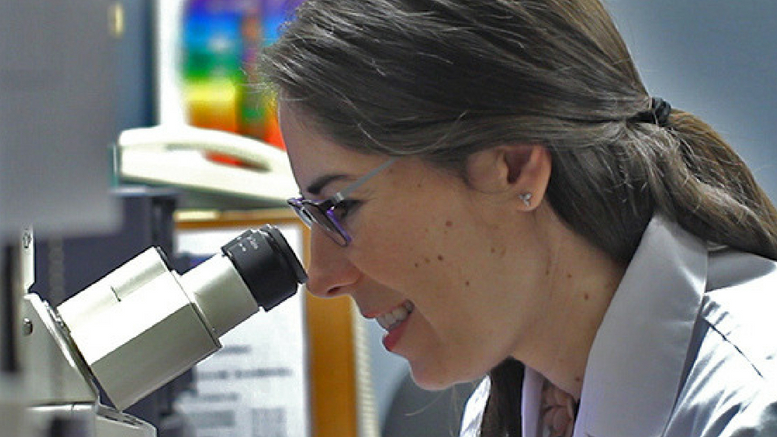 Rebecca Levit, MD, assistant professor of medicine in the Division of Cardiology, received a five-year, $2.2 million RO1 grant for her research lab from the National Institutes of Health (NIH) to study endogenous methods that may reduce the formation of neutrophil extracellular trap (NET), which has been linked to heart disease, blood clots, atherosclerosis, and other forms of cardiovascular disease.
Rebecca Levit, MD, assistant professor of medicine in the Division of Cardiology, received a five-year, $2.2 million RO1 grant for her research lab from the National Institutes of Health (NIH) to study endogenous methods that may reduce the formation of neutrophil extracellular trap (NET), which has been linked to heart disease, blood clots, atherosclerosis, and other forms of cardiovascular disease.
After a heart attack, the body’s own immune system is activated by the damaged cells. The first immune cells to go to the heart are neutrophils, a cell type that is normally focused on clearing infectious bacteria. The neutrophils release various toxic substances that can further damage the heart. A recently discovered inflammatory process of neutrophils was described as NET formation, in which the DNA in the nucleus of neutrophils is released from the cell. While intended to capture and kill bacteria, this free DNA is destructive and damages the heart. With this funding, Levit’s lab will focus on developing new strategies to treat neutrophils and NETs after heart attacks.
“Very little is known about how the NET process is regulated in the body,” says Levit. “Better understanding of this process could lead to new treatments for heart attacks.”
Levit joined Emory in 2007 after graduating from the University of Pennsylvania School of Medicine. She spent seven years doing research and clinical training in cardiovascular disease. In 2014 she joined the Division of Cardiology faculty and is continuing her work on clinically translatable anti-inflammatory and stem cell therapies for cardiovascular disease.


Be the first to comment on "Rebecca Levit, MD receives RO1 grant to discover new treatments for heart attacks targeting the immune system"